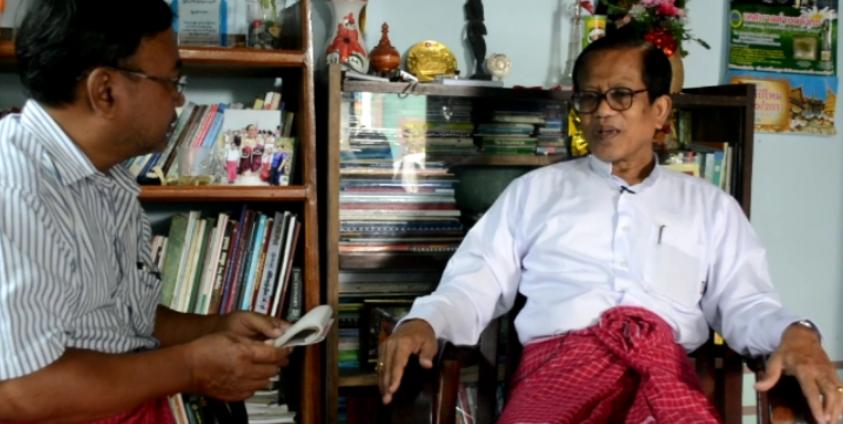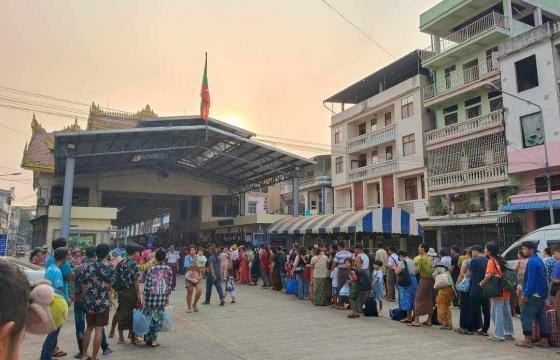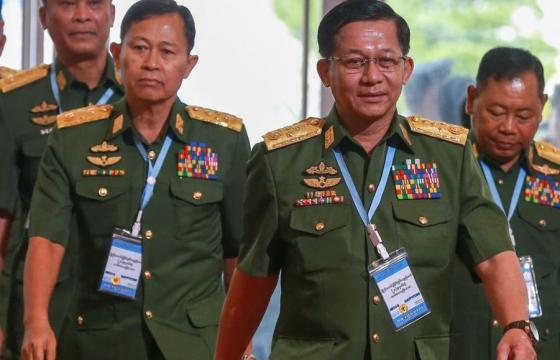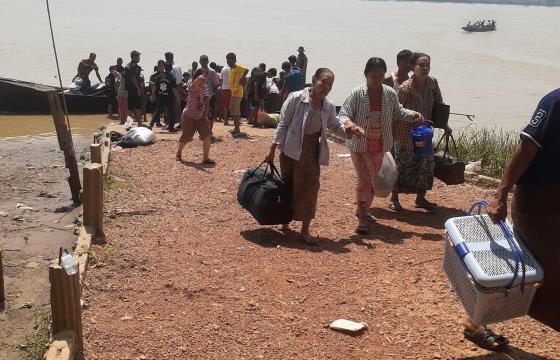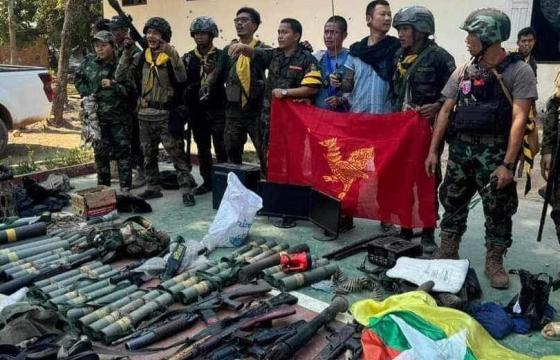Too many disparate factions are crowding the peace negotiations, according to the head of an ethnic umbrella organization. Nai Hong Sar, chair of the United Nationalities Federal Council (UNFC), is calling for dialogues to be simplified to three essential parties: the government, the political parties and the ethnic armed organizations.
“During discussions between the NCCT [Nationwide Ceasefire Coordination Team – a group of ethnic leaders] and the UPWC [Union Peace-making Working Committee – the former government’s negotiating body], we have talked about the need for tripartite dialogues. Now, it’s a five-party dialogue and two extra parties have been included so it has become a seven-party dialogue. It’s not fair for the EAOs,” he said in an interview with the Mon News Agency on July 10.
Under the Thein Sein administration, the UPWC and the NCCT had agreed to hold tripartite discussions, with representatives of the Hluttaw and Tatmadaw jointly representing one of the three factions.
However, the Union Peace Conferences have been turned into a five-party dialogue between the government, the Hluttaw, the Tatmadaw, the political parties and the armed groups.
The Peace Process Steering Team (PPST), formed by the eight signatory groups of the nationwide ceasefire agreement (NCA), held a plenary meeting in Chiang Mai, Thailand from June 28 to July 2. During the meeting, they decided to review the entire peace process and establish a committee to amend the political framework including the NCA.
“We will start the review on July 20. After the leaders of the eight groups have approved the findings, we will bring them to the government and the Tatmadaw. We will also negotiate with the EAOs that haven’t signed the NCA,” said Yebaw Than Khe from the All Burma Students’ Democratic Front (ABSDF), one of the NCA signatories.
Next month, the steering team plans to hold a summit with ethnic armed groups, ethnic political parties and ethnic civil society groups in order to survey the standing of the peace process.
Currently, there are three ethnic armed organization coalitions – the PPST, the UNFC and the Federal Political Negotiation Consultative Committee (FPNCC) of the Northern Alliance.

